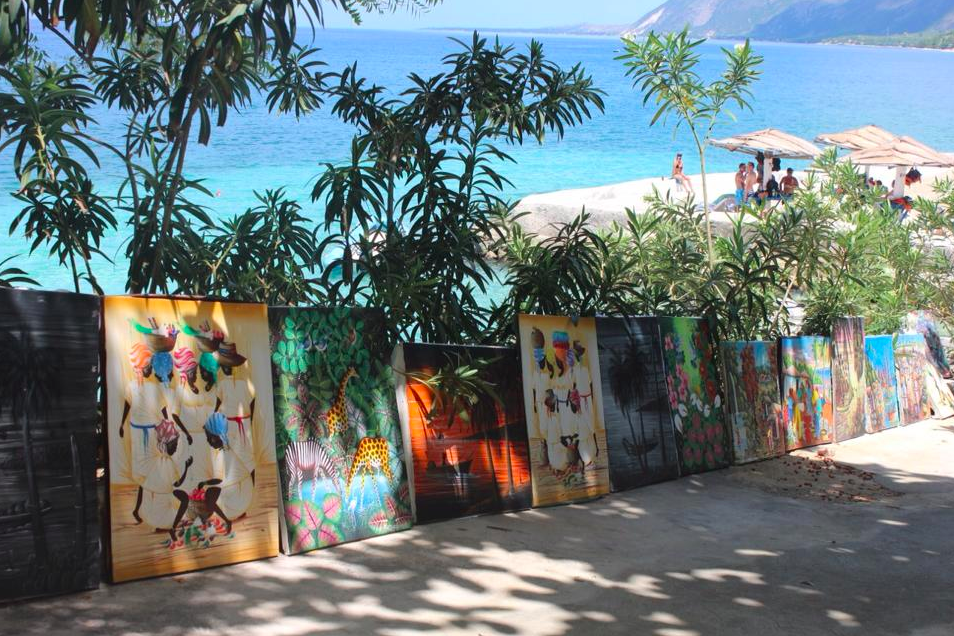Hurricane Matthew- Our Heart for Hait
By: Brittani Marie
Nearly a year ago, I decided to take a journey of self-discovery and spend time in the first black republic, also known as Haiti.
San Souci Palace, Milot Haiti
(the palace of slave-rebellion leader Henri Christophe, Sans-Souci Palace, Haiti)
I suppose my spirit carried me to walk the footsteps of the many legends I’ve long admired. The Catherine Dunhue’s, Zora Neal Hurston’s, Martha Graham’s just to name a few. And while there, I got to teach english at a non-profit and learned about development efforts. It was one of the happiest seasons in my life.
The Ballerina’s Little Black Book was written in Haiti.
Which is why it’s particularly even more heartbreaking to witness this catastrophe only a few months after my departure. To see a country that changed your life suffer brings an insurmountable level of distraught. Yet, I hope by sharing a snippet of my experience on this unique island our media so often misrepresents, you understand how and why you should help sustain what remains of our very first black republic.
Wahoo Beach
1.Haiti is a Beautiful Country
Full of beautiful people. It’s forestry, breathtaking mountains and white sand beaches are still mesmerizing even for the locals. I think it’s important the world sees Haiti in it’s entirety so that we don’t become desensitized to the sad imagery that’s polluted our news for nearly a decade. Understand all that was destroyed by the storm.
Hundreds of people dying or displaced from the serene lands that bring them peace in an already unstable country. Haiti’s the type of place where smiles are infectious and the mother making fresh pate corde will give you a proverb to brighten your day. Wisdom is generously shared. The children are untainted by our tech-obsessed world. They taught me how to find solace in the moment. They need our help more than ever.
2. Food is Insanely Expensive in Haiti- though amazingly rich in flavor and cuisine (like New Orleans with a spanish twist.) But on average, I spent nearly $400+ on groceries at the local supermarkets and I don’t have any mouths to feed. Which perhaps explains the level of poverty. This is one reason why the land is so valuable. There is a large percentage of locals who have to produce their own food for consumption and profit.
3. How to Really Help- Give to local Haitian relief organizations rather than large organizations. I will preface this by confirming as an American who lived there, locally run Haitian organizations have the expertise of how their country operates. They understand how to properly allocate resources for long-term use. Here’s a few trustworthy ones that are on the ground responding to crisis.


